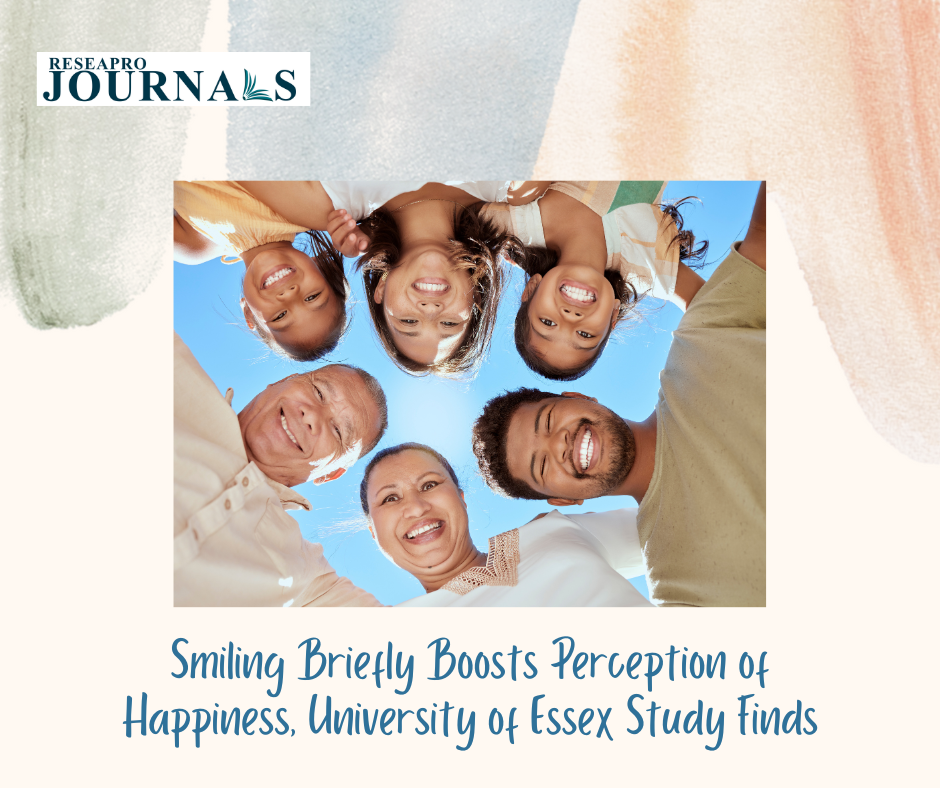
Smiling, even briefly, enhances the perception of happiness in expressionless faces, reveals University of Essex research. Using electrical stimulation to induce weak grins, the study, inspired by Charles Darwin’s work, marks the first instance of facial electrical stimulation affecting emotional perception. Dr. Sebastian Korb, leading the study, sees potential applications in treating depression and disorders affecting expression. The controlled activation of facial muscles that creates the illusion of happiness unveils groundbreaking insights into facial feedback and its role in emotion perception, suggesting future clinical possibilities. The study pioneers modernized techniques with an eye on exploring facial emotion recognition in conditions like Parkinson’s.

